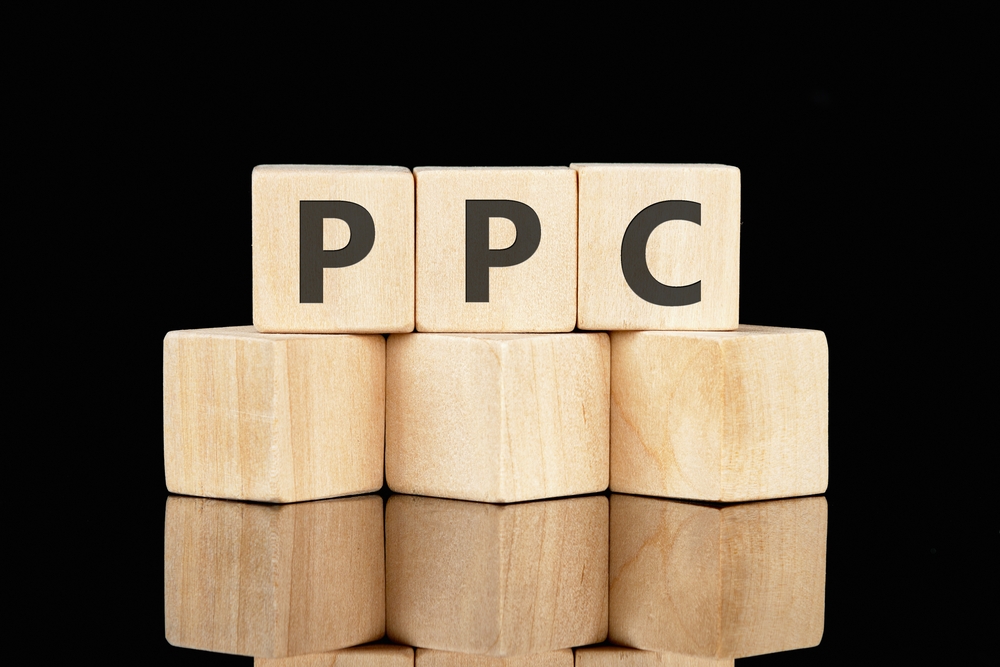
PPC Basics: Budgeting Tips to Maximise Every Pound for Insurance Companies
In the ever-evolving digital landscape, understanding how to maximise your Pay-Per-Click (PPC) budget can give your insurance company the upper edge. As budgets get tighter and competition fiercer, every pound counts more than ever. Here’s where you’ll find the most effective PPC budgeting tips designed specifically for insurance companies. We’ve got insights from years past, but we’ll focus on strategies that matter now and in the future.
PPC can be a game-changer for insurance firms. But managing your funds effectively is key to harnessing its full potential. If you’re keen to get those conversion rates climbing, pay close attention. In this blog, we delve into essential tips that ensure each penny from your PPC budget generates the most bang for your buck. For more details on getting ahead with your PPC, check out our Insurance Companies PPC page for deeper insights.
Understand Your Audience
Every insurance company needs to know who they’re targeting. This involves looking into the type of insurance you offer – be it car, home, life, or otherwise. Each segment has its own customer base with distinct needs. Use past data to sketch out customer personas. Doing this ensures your PPC ads speak directly to prospective clients, potentially boosting click and conversion rates.
Setting Clear, Measurable Goals
You can’t measure success without goals. Define what you want from your PPC campaigns – is it leads, brand awareness, or sales? Clear objectives help refine how much you should allocate to specific keywords and ads. If increasing policy sign-ups is your goal, your budget should favour campaigns that have previously driven sales. Past data provides invaluable insights here. So, make use of it.
Select the Right Keywords
Keywords are the backbone of any PPC campaign. They should be focused, relevant, and cost-effective. In insurance, terms like “cheap car insurance” or “best life insurance” might attract broad search interest. While competitive, striking the balance between common terms and niche phrases can set your campaign apart. Utilise keyword research tools to find those hidden gems that competitors might overlook.
Ad Copy That Converts
Your ad copy must do more than just grab attention; it needs to convert. You’ve only got so many characters to convince someone that your insurance company is worth their time. Be precise and direct. Highlight unique selling points, perhaps a discount or exceptional service. Test and tweak ad copies to see what resonates best. Past campaigns hold clues; review them to find what clicks.
Budget Allocation Across Platforms
Consider where your audience spends their time. Different platforms may yield varied results based on demographics and behaviour. For instance, LinkedIn might work better for professional policies, while Facebook could suit personal insurance products. Again, look to historical campaign data to guide where to allocate funds most efficiently.
Maximising ROI Through A/B Testing
A/B testing offers insights into what works and what needs tweaking. It’s a method that involves testing two versions of an ad to see which performs better. Tinker with headlines, calls to action, or images. It’s an iterative process and, yes, it takes time and resources, but the results are worth it. Adapt based on findings, and pour funds into strategies that prove effective.
Monitor Performance and Adjust
Regularly monitoring your campaign’s performance is a must. Platforms like Google Ads offer comprehensive analytics. Dive into these insights to understand which keywords, ads, or demographics are performing. Allocate budget based on performance and don’t hesitate to adjust campaigns or even pause poorly performing ones. Being proactive rather than reactive is key to maximising your spend.
Utilise Remarketing Campaigns
Remarketing campaigns are vital in insurance where customers often require more time to make decisions. These ads target users who’ve interacted with your site before, giving them a little nudge towards conversion. Allocate part of your budget to remarketing and watch how these tailored ads help push prospects through your sales funnel.
Conclusion: Leveraging Budget Insights
As you navigate the PPC landscape, remember that effective budget management is about making informed decisions based on solid data. Map out your audience, set goals, choose the right keywords, create compelling ads, and disperse your budget wisely across platforms. Regular monitoring and adjustment based on performance will keep your PPC strategies sharp. For more help on leveraging your budget and improving ROI, check out our PPC management for Insurance Companies.
